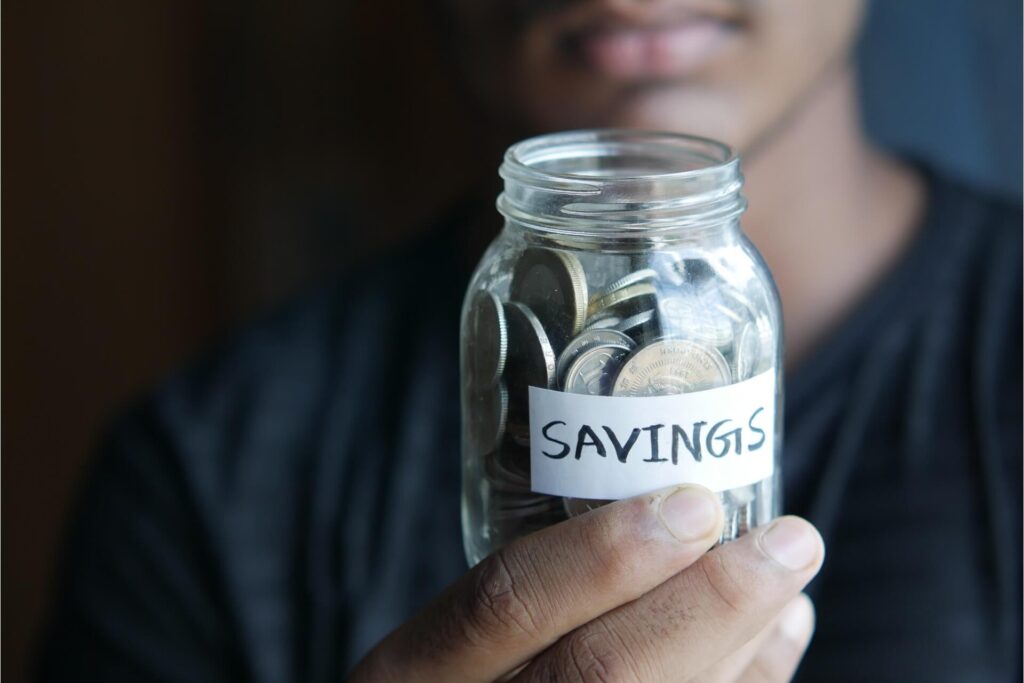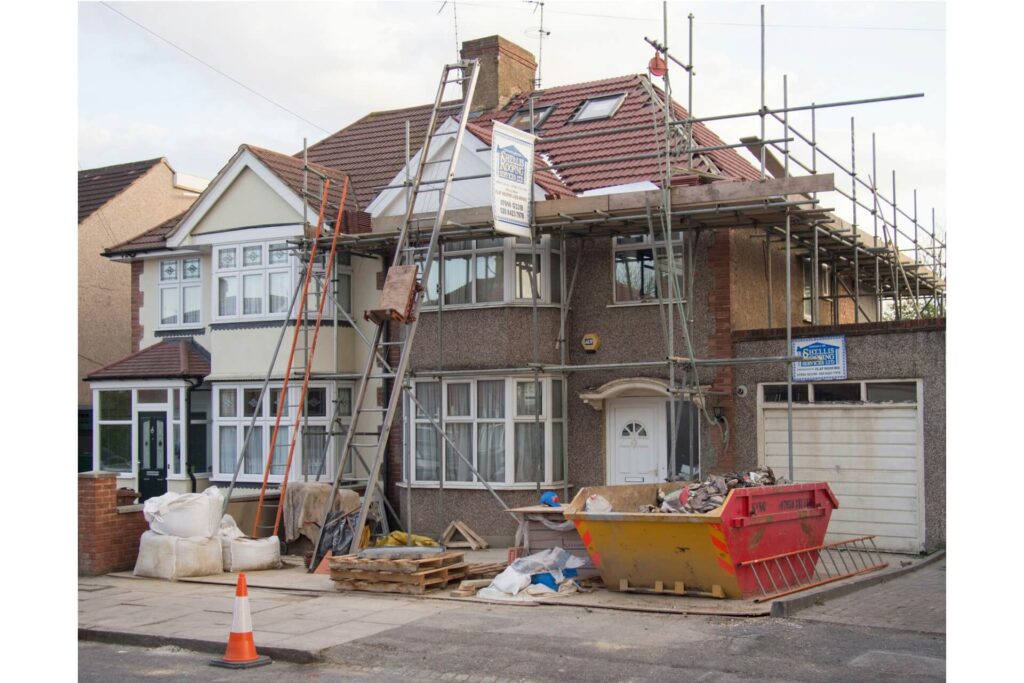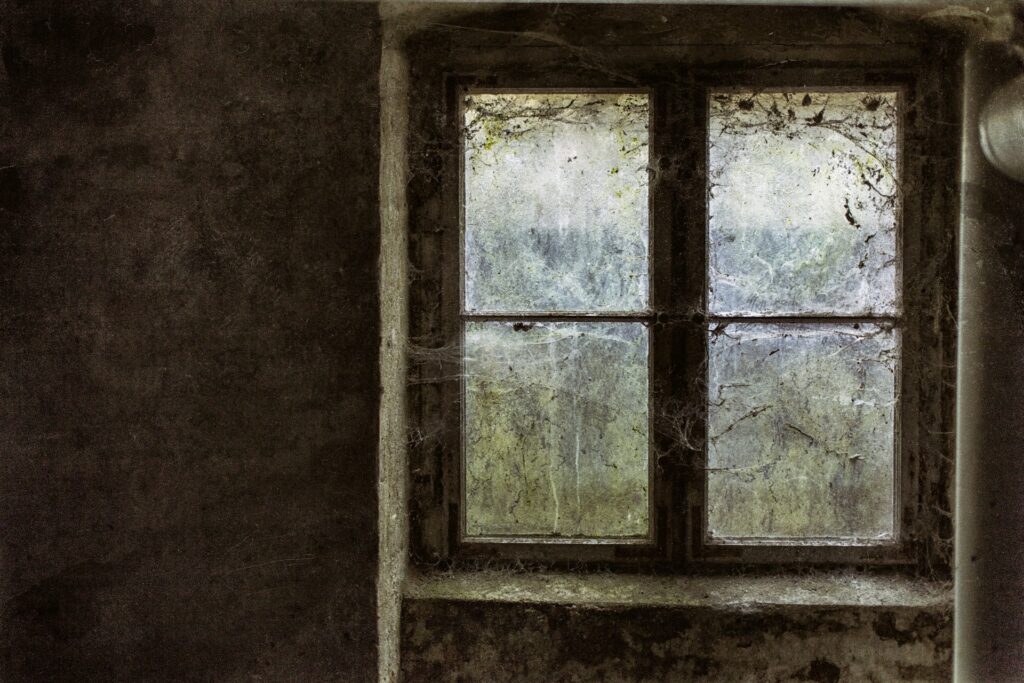
We are reader-supported. When you buy through links on our site, we may earn an affiliate commission.
Buying a house with cash is a luxury only some have the privilege to consider. Does it make sense, though? Learn everything about cash home sales to see whether it’s for you.
What Are Home Buying Options?
Aside from cash, you can buy a house through home loans, grants and gifts. Taking out a mortgage is the fastest way to finance a home because you only need to put down a fraction of the sales price, allowing you to gain a foothold in the property market more quickly. All home loan programs have criteria, but some are more lenient than others.
If you’re a first-time buyer, the government can help you shoulder your down payment and closing costs. Monetary gifts from qualified third parties are acceptable, too.
Someone close to you selling their property for less than its fair market value is another way to afford such a big-ticket purchase. Lenders usually count this gift of equity toward your down payment, so you pay less out of pocket. This option is legal as long as no money changes hands under the table because secret payments may constitute fraud.
Who Buys Homes With Cash?
Cash homebuyers are usually investors wanting to add more doors to their portfolios or looking for fixer-uppers to renovate and resell. These home shoppers can also be wealthy individuals with hundreds of dollars lying around who are willing to cut a six- or seven-dollar-figure check to purchase a residence just because they can.
And then there are cash buyers who simply refuse to use debt. Borrowing money may be against their beliefs, choosing to grow their savings even if it means deferring home ownership until their pockets are deep enough to afford a house.
Cash home sales are more common than you think, and they’re becoming more popular. 2023 saw all-cash transactions to account for 29% of house purchases, up 1% year-over-year.
What Are the Best Saving Methods?
Setting aside enough funds to buy a house requires more than a couple of piggy banks. Parking your cash in ordinary savings accounts is a losing strategy. It won’t grow meaningfully due to low interest rates and may not preserve its value because of inflation.
Consider these four saving methods instead.

1. A High-Yield Savings Account
High-yield savings accounts have FDIC protection against financial loss and much higher interest rates. Instead of a client receiving a dollar after a year of saving, they may get hundreds. It depends on how much each client puts away before the bank calculates the interest.
2. A Certificate of Deposit
People with long-term savings plans could look into a Certificate of Deposit (CD). It’s an account provided by specific banks that hold money for a designated period, typically between six months to five years. After the period expires, the client can withdraw their money. It’s best for individuals who know how much time they need to save before starting their real estate search.
3. An Investment Account
Meeting with a broker is another option for putting money away. They meet with clients to discuss how much money they can invest. Their investors could double or triple their savings without waiting numerous years if they build a diverse portfolio and utilize strategic market timing.
The only downside may be that certain brokers require that investment accounts remain open for a specified period. It depends on the company or brand.
4. A Collection of Bonds
When someone purchases a bond, they buy a low-risk debt investment. The issuer — state governments, federal governments, companies or municipalities — then pays the bond’s fixed interest for its entire life span. When the bond reaches maturity, the issuer pays it in full.
It’s another guaranteed way to make more money for a home purchase, but there can be penalties. Anyone who withdraws early will pay fees and may have to pay commissions to receive the final payment. Additionally, corporate bonds can be riskier than others because the company could go bankrupt and default on all bond payments.
Pros of Buying a House With Cash
When people imagine buying a home without a loan, these are the primary benefits that interest them in pursuing that option.
Beating Other Buyers

A cash transaction involves less paperwork involved. You don’t need approval from a lender to make a purchase. Some sellers want to move quickly, so offering them cold cash can persuade them to take your offer and accept less than their asking price.
Avoiding Interest
Cash offers are a one-time payment, so you’ll own the property free and clear. No need to worry about interest payments, which can periodically fluctuate when tied to an adjustable rate.
Eliminating Lienholders
Being in arrears on mortgage payments can lead to foreclosure. Cash transactions involve no secured loans, so the house isn’t collateral. Nobody else has a legal claim against it if its title is clean.
Simplifying Closing
Buying a house with cash renders closing straightforward. Home loan application prolongs this process since the lender has to exercise due diligence. Forgoing a mortgage makes it easy to select a desirable closing date.
Cons of Buying a Home With Cash
Being a cash homebuyer has drawbacks, too.
Spending a Lifetime to Save
Setting aside cash for a home generally takes years, if not decades. Only some have a substantial income to conveniently save enough money to buy their dream homes without jeopardizing their lifestyle.
Running Out of Funds

Buying a house can be a drain on your finances. Financing repairs and upgrades is challenging when your resources dry up.
Having Fewer Tax Deductions
People who buy their house with a loan can deduct their interest payments from their annual taxes owed to the federal government. Paying upfront with cash eliminates the possibility of this ongoing deduction.
Doing Nothing for Creditworthiness
Applying for a mortgage lowers your FICO and VantageScore scores slightly and temporarily but can help improve your creditworthiness in the long run. Paying your bills on time and managing an installment loan along with lines of credit will make you a reputable borrower.
Buying a house with cash doesn’t increase your credit scores at all. This strategy can be disadvantageous when you want to acquire debt more cheaply and easily in the future.
Making Inflation Work Against You
Fixed-rate mortgage payments become cheaper over time because of inflation. If you pay for the whole property out of pocket, you won’t be able to take advantage of this phenomenon.
Dealing With Other Housing Costs
Making a cash offer doesn’t spare you from some closing costs, homeowners insurance and property taxes. In some areas, you have to pay HOA fees, too.
Should You Buy a House With Cash?
Putting in cash offers on houses is advantageous for various reasons. It can grease the wheels of real estate transactions and let you be the 100% owner of the property from the start. Still, it can backfire on you. You shouldn’t pay with cash just because you can, so weigh the pros and cons while considering your unique situation to make the right decision.
Original Publish Date 12/15/2021 — Updated 1/26/2024










